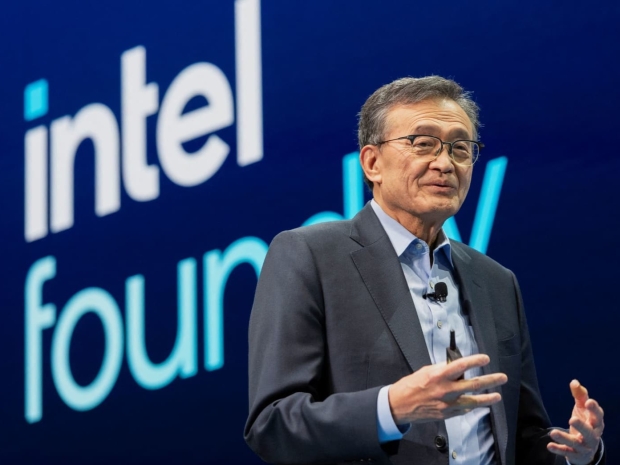Republican Senator Tom Cotton sent a letter to Intel’s board this week raising alarm bells over chief executive Lip-Bu Tan’s past at Cadence Design Systems, a company that just pleaded guilty to illegally exporting semiconductor tech to a Chinese military-linked university. Cadence agreed to cough up more than $140 million in penalties.
Tan, who was Cadence CEO from 2008 to 2021 and stayed on as executive chairman until last year, was in charge for the time the violations occurred. That is not a good look for someone now tasked with rescuing Intel’s foundry ambitions and leading the Secure Enclave programme, a Biden-backed plan to ensure domestic chips for defence and intelligence systems.
Cotton’s letter, revealed by Reuters asks whether Trouble Chipzilla's board knew about the subpoenas sent to Cadence and whether Tan has been made to divest from any Chinese chip firms, especially those with ties to the Chinese Communist Party or the military.
Tan has invested millions into Chinese advanced manufacturing firms via his venture capital shop Walden International. While it is not illegal for US citizens to back Chinese firms, it becomes a problem if those companies are blacklisted under US sanctions.
Cotton wrote: “Intel is required to be a responsible steward of American taxpayer dollars and to comply with applicable security regulations. Mr. Tan’s associations raise questions about Intel’s ability to fulfil these obligations.”
This pile-on comes just days after Fitch downgraded Intel’s credit rating, citing weak margins and execution risk. The company is already reeling from low yields on its 18A chip process, which was supposed to mark its triumphant return to manufacturing leadership. Instead, insiders are calling it a “Hail Mary” as yield issues threaten its roadmap and margins.
Tan was brought in to steer Chipzilla through what was supposed to be its great comeback. So far, the only comeback appears to be the ghosts of his previous job and a fresh load of grief for a company already neck-deep in it.




